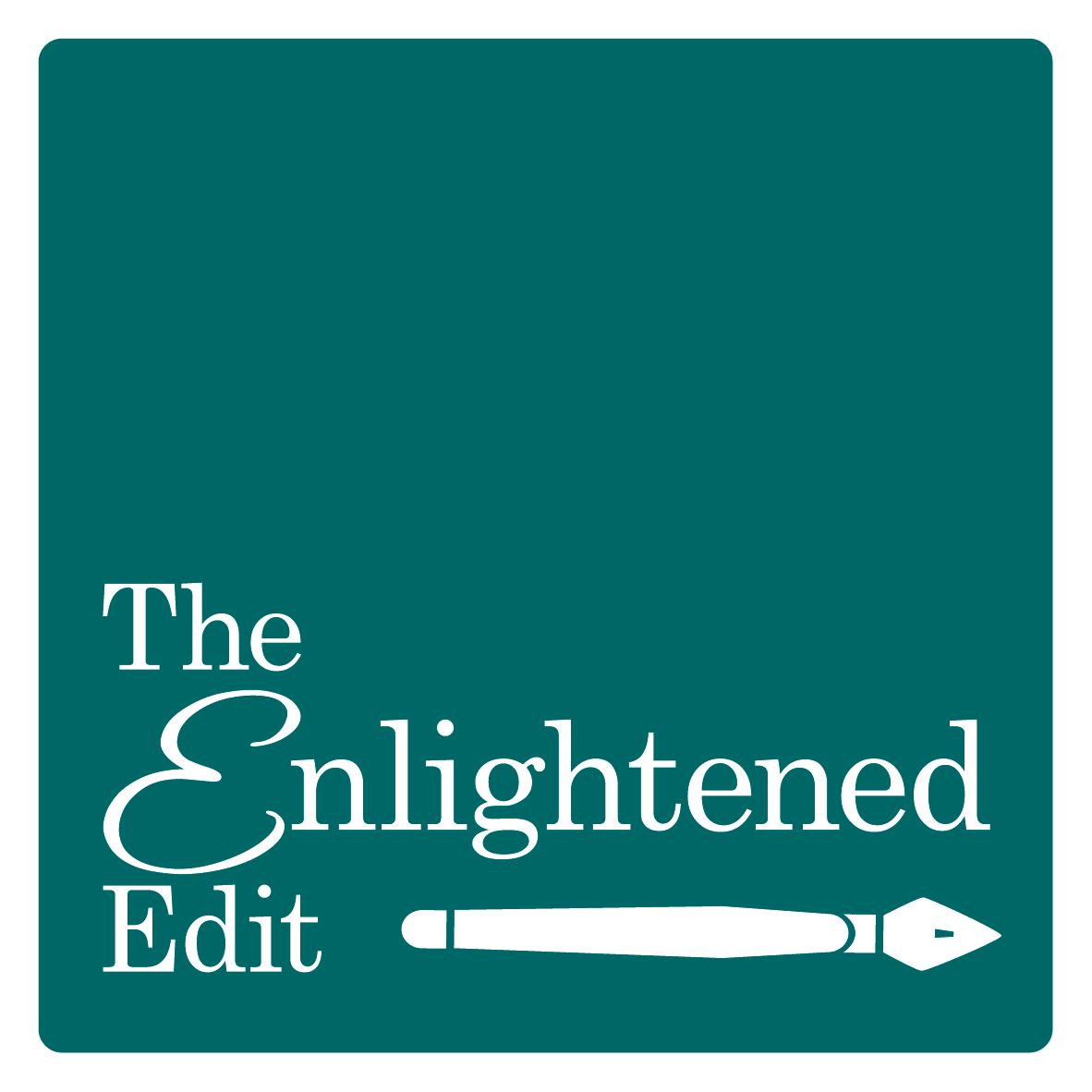Who needs an editor, anyway?
You might think you don’t need an editor (but you probably do!) When people think of editors, they most likely imagine people editing books for hours, helping craft imagery, fixing dialogue punctuation, or checking sources, captions for images and so on.
This was certainly my vision when I decided to become an editor. It felt like the natural progression from being a teacher who helped pupils with their writing, to take it wider and offer that support to budding (and established) authors.
However, my eyes have been opened since entering this world, and I realise that editors help people tell their stories in many different forms—not just books.
If you do any form of writing, you need an editor.
Here is my list of the types of people editors can help beyond authors.
Charities and non-profit groups
Charities put out a huge amount of content: newsletters, leaflets, promotional posters, social media and website content etc. as well as writing grant proposals, reports and so on.
It can take up a lot of time and effort to make sure all of these materials are accurate and impactful. An editor can streamline the charity’s message while maintaining its voice and tone.
Content creators
For bloggers, it’s maybe obvious how an editor can help, but editors can also support content creators with other content such as checking the content and structure of courses, refining scripts for podcasts or YouTube videos as well as making sure the transcripts are accurate.
This allows you to focus on doing what you do best—creating amazing content!
Artists and crafters
As a creator of physical things, your skill lies in the creation of the tangible. As a result, the world of words may be less appealing. However, if you are running an exhibition you might need to prepare promotional materials or a catalogue for guests on arrival.
An editor can ensure these are polished, professional and error-free. If you sell online, editors can also help with product descriptions and emails you might send as a thank you.
Academics and students
Dissertations and PhDs are hefty pieces of writing. If you are writing one, you’ll know that it feels like it takes over your life! This is why a second pair of eyes can be so beneficial. Checking footnotes, indices, sources etc. is a time consuming job, and that’s before you go through and check for accuracy with spelling and punctuation.
An editor can take this stress off your hands.
NB Some universities have strict policies of editorial support so please check your institution’s guidelines on this before seeking help.
Small business owners and entrepreneurs
As a small business owner, you are usually the person spinning all of the plates—from social media management to finances, from marketing to website content. All of this can be overwhelming at times, so an editor can take the stress of checking over your content, newsletters, reports, emails etc. and let you get back to running your business!
If you’re a small business owner and want to make sure your writing is polished and consistent, I’ve created a free style sheet template you can download here. It’s a simple way to keep your marketing materials, website copy, and client communications looking professional every time.
So the question isn’t really “who needs an editor”—it’s which kind of editor you need.
My job as an editor and proofreader is to make sure your message and story shines through whilst maintaining the one thing that makes it unique—your voice.
If you’d like to chat about how I could support your writing, just send me a message. I’d love to hear what you’re working on.
Happy writing!
Lisa
